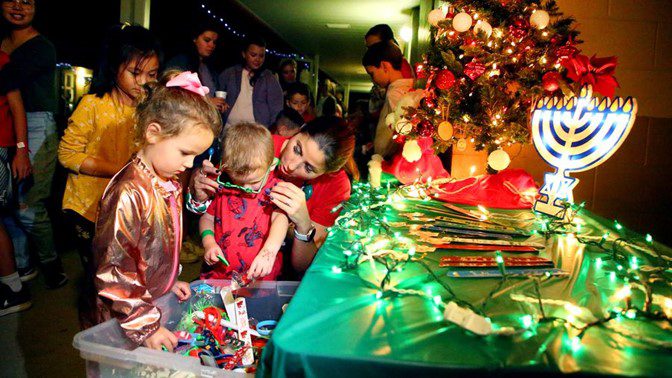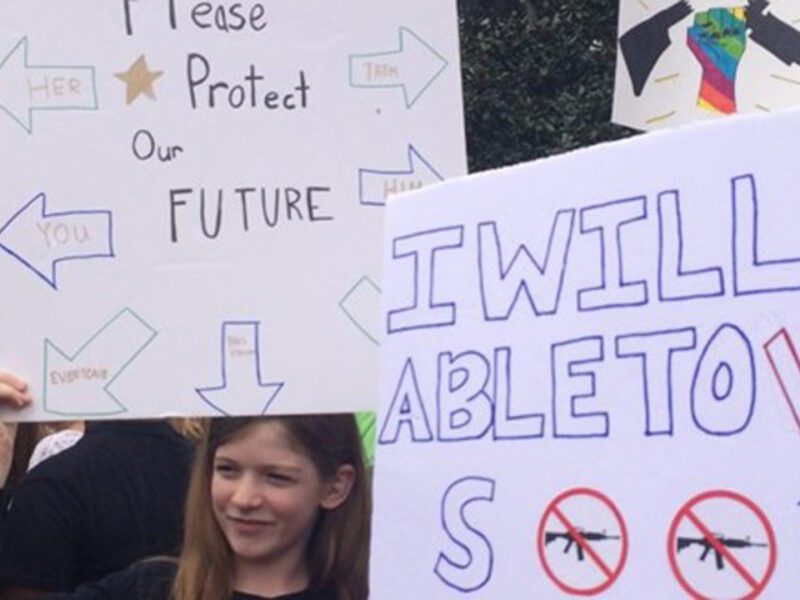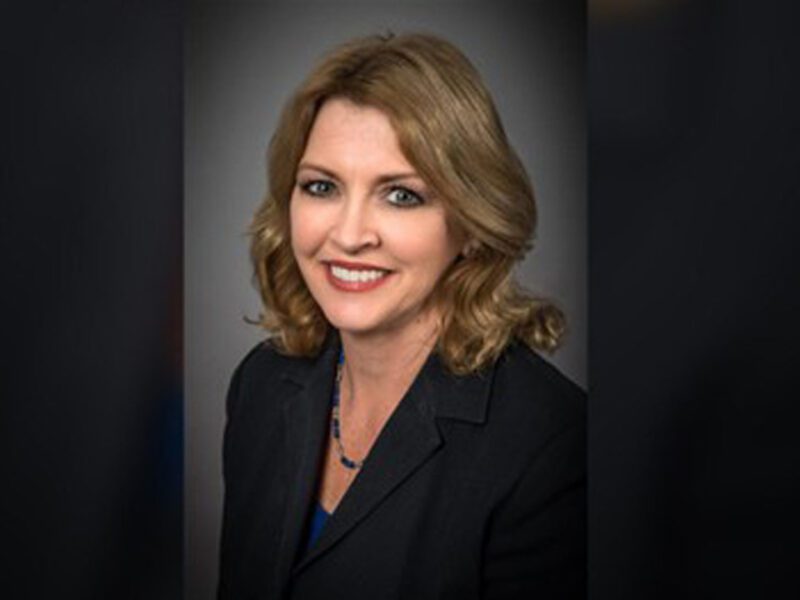
New Florida laws on classroom topics make teaching about the holidays trickier
It’s best to stick with the time-honored maxim “teach, don’t preach,” some educators say.
Tampa Bay Times | By Jeffrey S. Solochek | December 6, 2022
Rachel Long wanted to teach her fifth grade son’s class about Hanukkah, just as she had done in past years at her children’s Pasco County school.
“I never brought God or religion into it,” said Long, a former teacher who now runs an embroidery business. “It’s just about tradition and symbols.”
Her offer to tell children at Longleaf Elementary about the Jewish holiday her family celebrates ran into resistance, though. After the teacher initially accepted, she called Long to relay the principal’s concerns about discussing religion with children.
The school, Long was told, would pass.
She attributed the rejection to the rise of divisive politics in Florida’s public education system.
The state has threatened to remove teachers’ certification if they violate new laws relating to the instruction of topics such as race and gender. At the same time, it has amplified the rights of parents to control their children’s lives in areas such as education and religious upbringing.
Warnings against “indoctrination” loom large. Yet many key details remain vague. The environment has made some teachers reluctant to keep books on their shelves or introduce potentially contentious subjects into their lessons.

“I think everybody is just scared of doing anything that (could) get them fired,” Long said.
Steve Permuth, a professor of educational leadership at the University of South Florida, said he has heard from several educators who shared such worries. Some don’t want to talk about religion, fearing they could face criticism and unsure about where the line sits between instruction and indoctrination.
He said he offers them advice based on bedrock law, understanding the primacy of religious freedoms within the U.S. Constitution.
“There has never been a change of the fundamental thing — teach, don’t preach,” said Permuth, a co-author of the textbook “Religion and Law in Public Schools.”
That means teach about the holidays factually, he said, without telling students that one religion is better than another, or that religion is better or worse than atheism. “The teacher’s job is to remain objective.”
That’s the message the Hillsborough County school district sent to its teachers at the beginning of the year. In a two-page memo, the district said holiday activities are appropriate when they are part of the curriculum attached to state academic standards.
For instance, the state has a K-12 standard for classes teaching languages that says students should “recognize similarities and differences in practices and perspectives used across cultures (e.g., holidays, family life) to understand one’s own and others’ ways of thinking.”
The memo called it “most unfortunate” that some districts take the “radical position” of eliminating any aspect of religion from classes. “That eliminates curriculum material that is significant and rich in opportunity for teaching students to be culturally sensitive and knowledgeable,” it stated.
If educators follow reasonable guidelines based on legal rights, and do not require children to participate, they should be able to include important works with sacred themes in their lessons, the district advised.
It’s a point on which some of the state’s most conservative and liberal activists and officials agreed.
Commissioner of Education Manny Diaz Jr., formerly a Republican lawmaker who spearheaded the “Stop WOKE Act” in the Florida Senate, issued a statement after reading about Long, the Pasco mom, in Florida Politics. He stated that no law prohibits teaching about Hanukkah.
“It’s unfortunate that some would use Hanukkah and the holiday season to sow controversy for political purposes,” Diaz tweeted.
Tiffany Justice, a co-founder of the conservative group Moms for Liberty who has opposed teaching about gender identity in schools, said she saw nothing inappropriate about teachers telling children the facts about different religions and their holidays.
“It makes America beautiful and special, how diverse we are,” Justice said, suggesting the concern arises if the lessons are mandatory. “It’s a difference between tolerance and compulsion.”
Nancy Velardi, president of the Pinellas Classroom Teachers Association, said she saw nothing controversial in the way teachers talk about the holidays. Teachers might be nervous, Velardi acknowledged, but they shouldn’t be.
“We’ve not been doing anything wrong,” Velardi said. “There is no reason to be afraid of what they say.”
Parents attending a recent winter festival at Pasco County’s Oakstead Elementary School largely shared that perspective.

The nighttime event — which drew hundreds of students and their families — featured bounce houses and games, food trucks and gift carts on a campus festooned with lights and decorations. Children could take photos with the school mascot while sipping hot cocoa, write letters to Santa and listen to the chorus perform a mix of Christmas songs.
Principal Claudia Steinacker said much of the school’s attention to holidays comes during such events, leaving classroom time to focus on academics. Lessons about holidays are tempered with respect for everyone, understanding that people celebrate differently.
“Everybody takes a very global focus,” she said, explaining that children get a chance to understand and appreciate differences. “We’ve encouraged parents to reach out and share any concerns that they might have,” Steinacker added.
Parent Shalini Jain, whose fifth grade daughter sang in the chorus, said she appreciated the school’s openness to all cultures, religions and holidays. She said teachers have told children about her family’s primary holiday of Diwali, just as they have spoken about Christmas, Hanukkah, Kwanzaa and others.
“They get to know about the different cultures, and they know how holidays get celebrated in different ways,” Jain said.
Olakunie Ajibola, attending the festival with his two daughters, said it’s important for his girls to enjoy the holiday spirit with friends at school.
“I think it’s a good idea to introduce (holidays) in the classrooms, as long as everybody’s religion is respected,” Ajibola said.

Anthony Coleman, who has two children at Oakstead and three more on the way, had a different perspective. He said teachers have students’ best interest at heart, but might not fully know what parents have told their children about religion at home.
“They should definitely leave it up to parents to determine whether it’s something they want their children to learn,” Coleman said while waiting for a family photo. “I don’t think it should be in the classroom.”
With such varying views in the mix, it’s easy for schools to have questions, said Permuth, the USF professor. Long viewed her experience at Longleaf Elementary as indicative of the times.
Since the school allowed Christmas decorations, she suggested, it should be open to other traditions. She pushed the issue, and the principal sought further direction from the Pasco district office.
District spokesperson Steve Hegarty said the administrative team sided with the parent. Principals got word at a staff meeting.
“It’s the celebration of holidays, not teaching religion,” Hegarty said. “Our schools have done that for years and years, and they’re not going to stop.”





